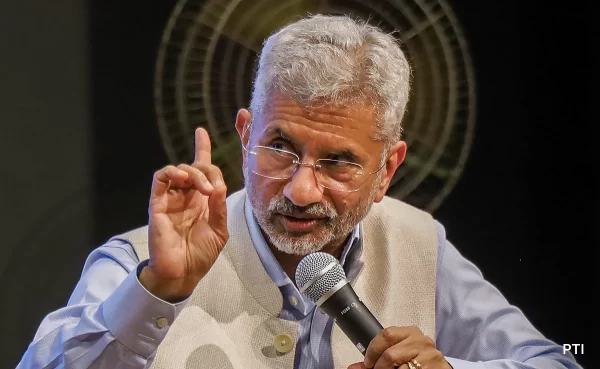The move, gestured in an sanctioned summary of the meeting, elevated Xi to a elevation alongside Mao Zedong, the author of the country’s Communist rule, and Deng Xiaoping, the principal mastermind of its profitable takeoff.
China’s Communist Party delivered Xi Jinping a advance on Thursday that will help secure his political future — by rewriting history.
Elderly party officers in a unrestricted- door meeting in Beijing approved a decision reassessing the party’s 100- time history and magnifying Xi in the party’s functionary firmament of period- defining leaders. The move, gestured in an sanctioned summary of the meeting, elevated Xi to a elevation alongside Mao Zedong, the author of the country’s Communist rule, and Deng Xiaoping, the principal mastermind of its profitable takeoff.
Under Xi’s leadership, China has “ made major achievements and experienced a major metamorphosis,” said an sanctioned summary, or communiqué, from the meeting, hailing what the party described as successes in the frugality, foreign policy, fighting pollution and containing COVID. Under Mao, Deng and now Xi, the communiqué said, China had “ achieved the tremendous metamorphosis from standing up and growing prosperous to getting strong.”
This week’s meeting was the launch of a momentous time in Chinese politics. Its adverts will play a big part in the leadership shake-up at a Communist Party congress that’s likely to be held in 2022, when Xi, China’s most important leader in decades, appears on track to secure a third five- time term as the party’s general clerk. There’s no rival leader or inheritor apparent in view.
The decision to place Xi among the country’s literal titans will bolster his argument that he’s the only leader able of steering China toward superpower status through uncertain times. China navigated the COVID-19 epidemic fairly well, but it faces profitable pitfalls from debt-laden companies and original governments social pressures as its population gets aged, and growing mistrust from the United States and other Western countries.
On Thursday, in a recorded videotape to the Asia-Pacific Economic Cooperation forum, Xi prompted Asian nations to repel forming “ small circles on geopolitical grounds,” a clear reference to sweats by President Joe Biden to shore up alliances of democratically inclined countries to fight China.
“ The Asia-Pacific region can not and shouldn’t fall into the enmity and division of the Cold War period,” he said.
Xi has faced a race of heads, but he has frequently been suitable to turn them into exculpation for his strict ways. He responded to months ofpro-democracy uneasiness in Hong Kong by assessing a harsh security law. He applied sweeping restrictions to limit the spread of COVID-19 in China. And Beijing claimed palm after Canadian authorities released Meng Wanzhou, a Chinese telecommunications superintendent, at the same time that China still released two Canadians it had arrested.
By claiming a third term as party leader, as he’s anticipated to do coming time, Xi would break the pattern of staying in power for only two terms. In 2018, Xi made a bold power play by barring a term limit on the administration, opening the way for him to lead China indefinitely. That move capsized wide prospects that the party had been settling into a 10- time cap on leaders’ time in power.
Glorifying Xi’s achievements could help incombustible Xi against any challenges to his record. The decision is sure to come the focus of an violent propaganda crusade, as well as indoctrination sessions for party officers.
This composition firstly appeared in The New York Times.




